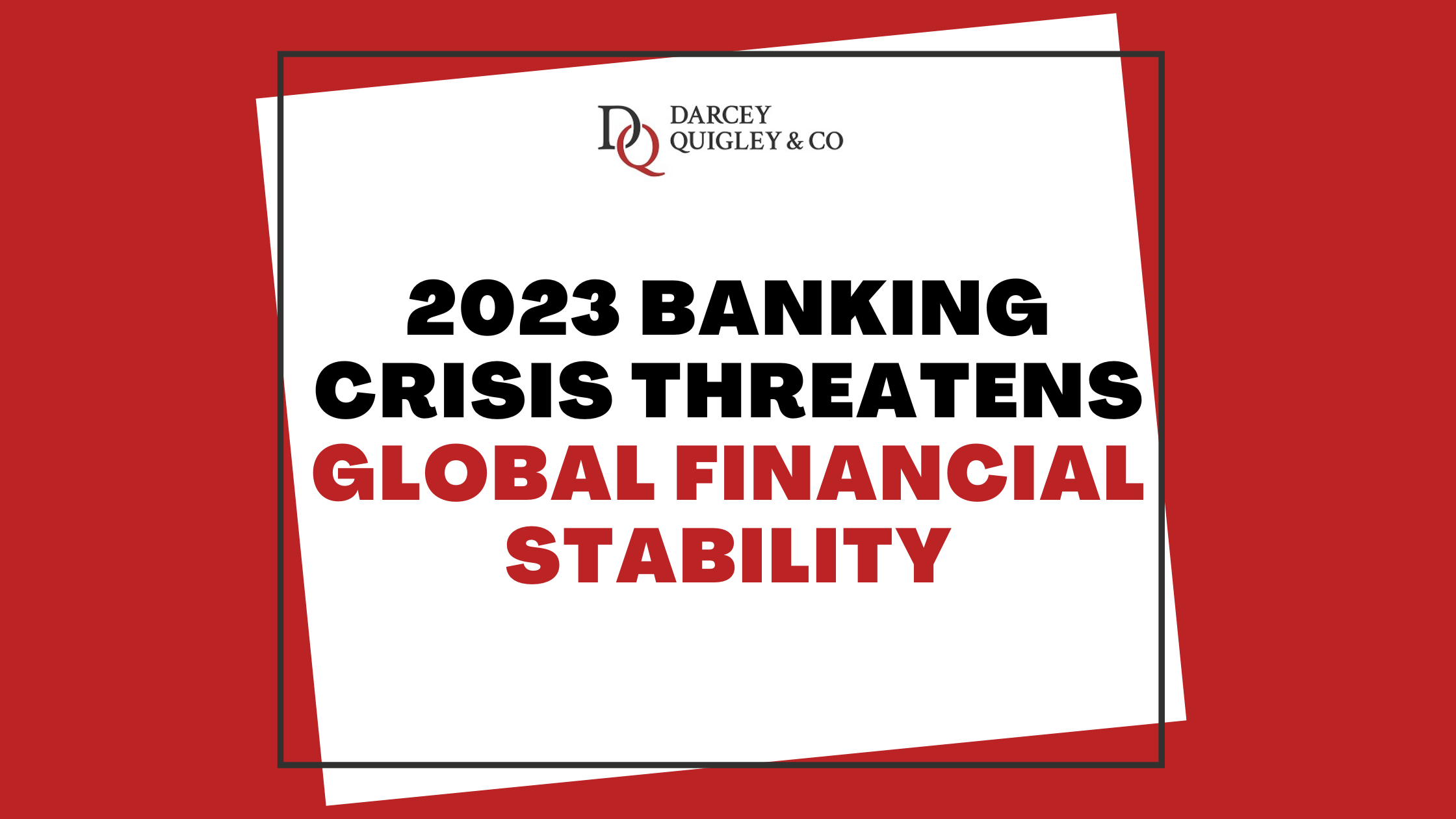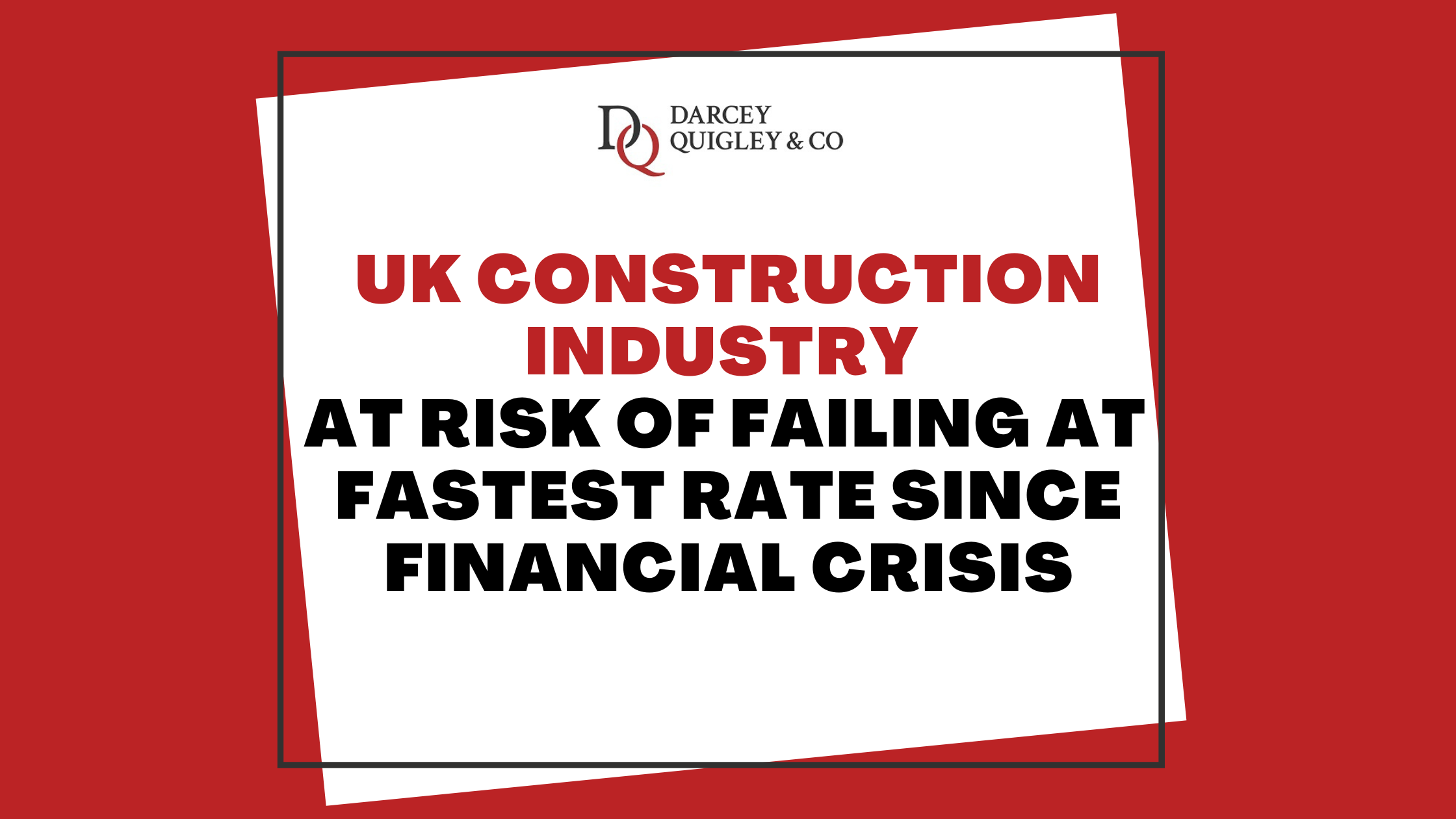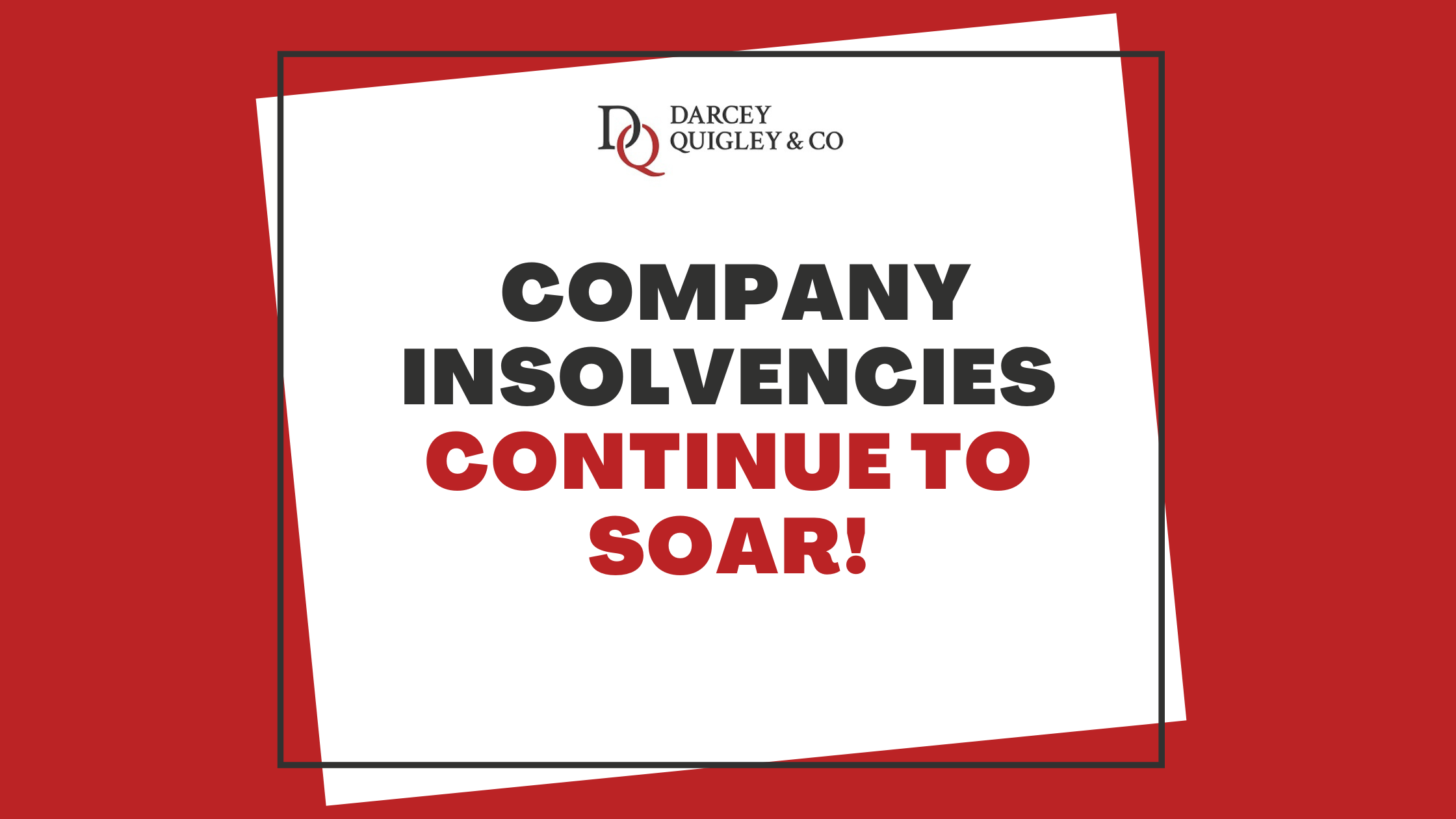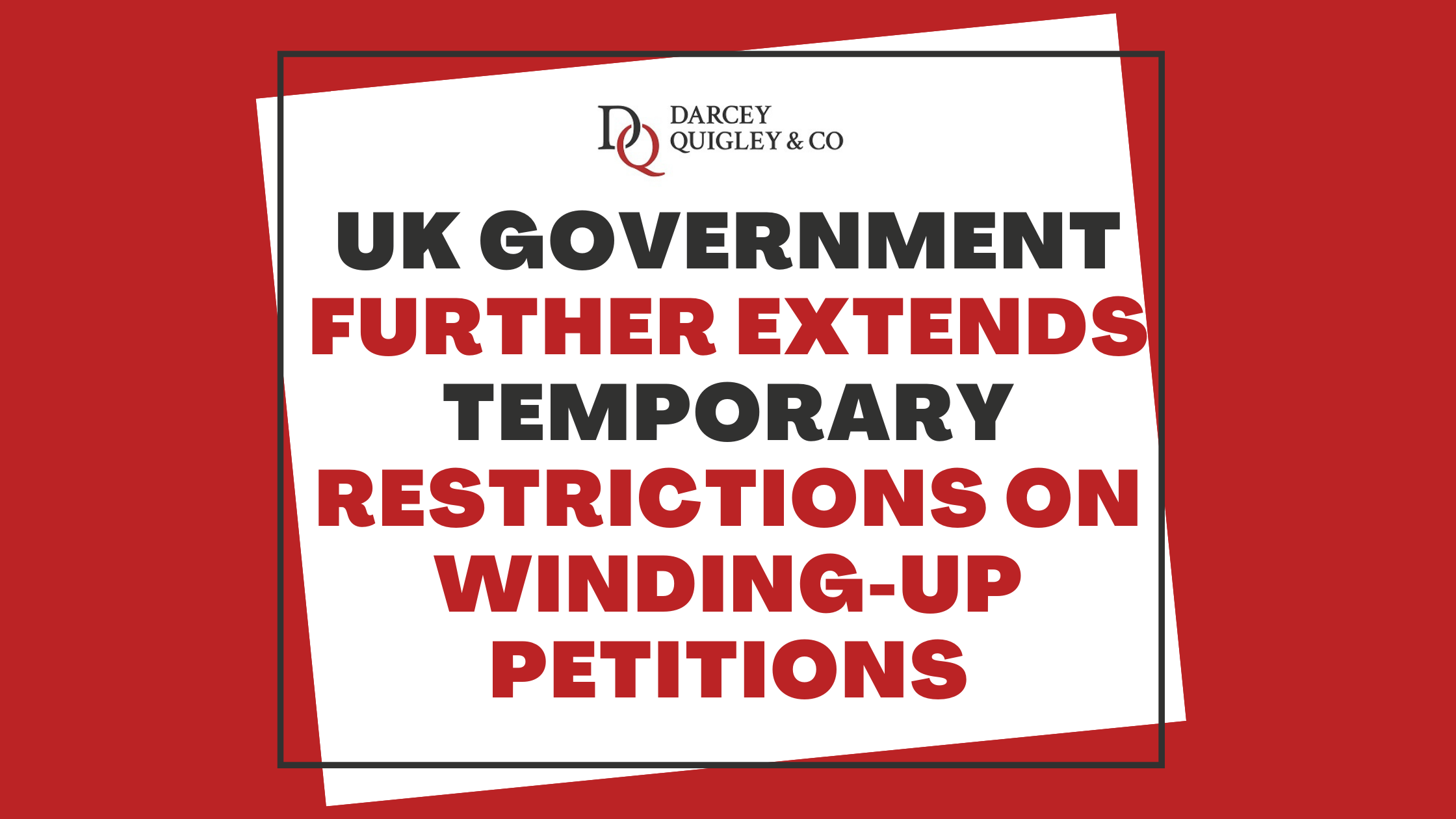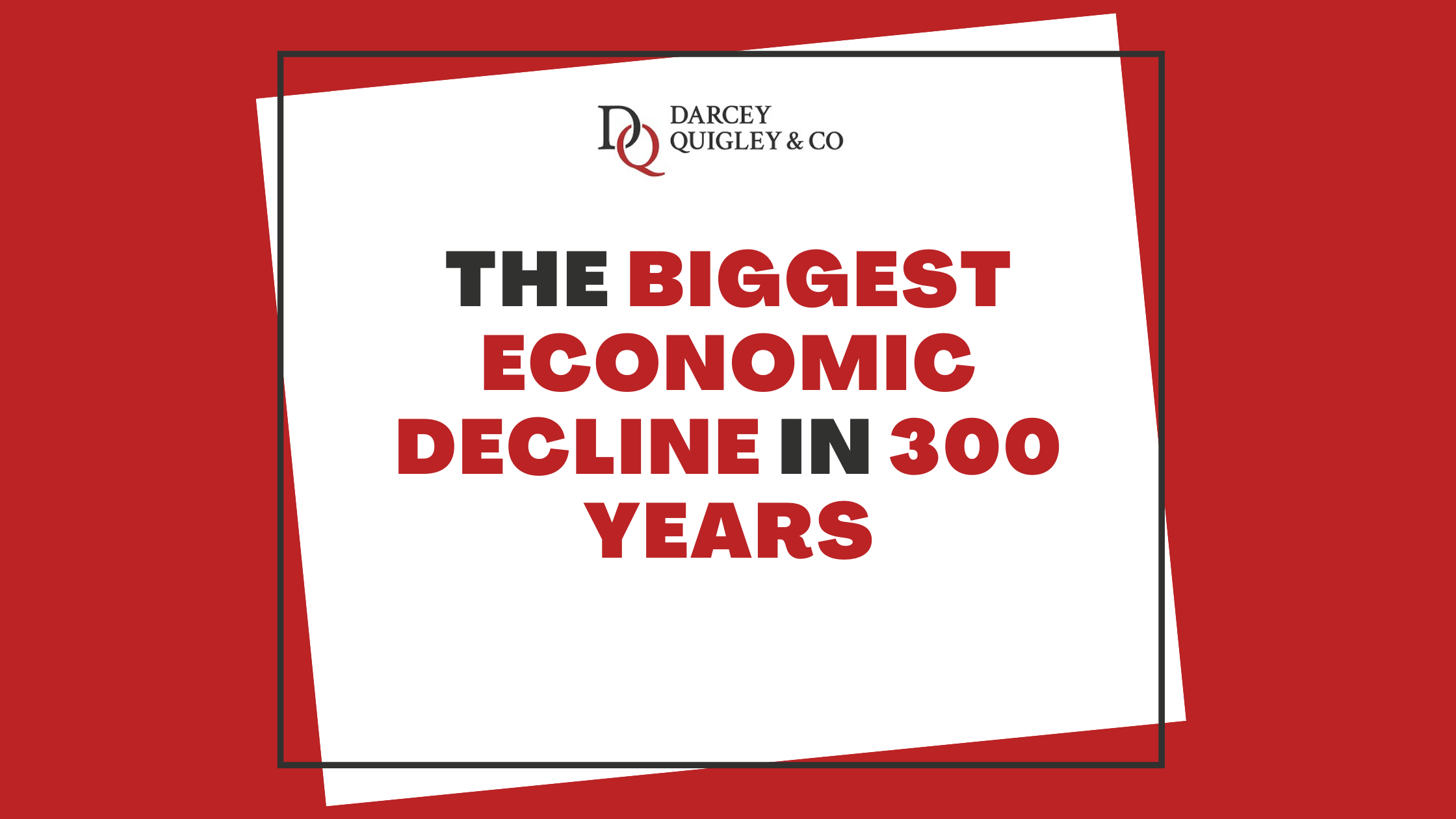The Impact of Rising Energy Prices on Your Business Cashflow
The impact of rising energy prices on your business cashflow can be monumental. The cost of energy, price cap increases and the number of energy companies failing in recent months are putting immense pressure on UK businesses.
With UK businesses chasing a combined £61 billion in late payments protecting your business cashflow is more critical than ever, however, rising energy prices adds another obstacle in our way.
What is causing these rising energy prices?
There are a multitude of factors why energy prices are rocketing for both domestic and business customers.
One reason is wholesale energy prices. They’re currently at record highs with the trend indicating that they will continue to rise through 2022. When the wholesale cost of energy increases, suppliers pass these costs onto business and domestic customers.
A shortage of natural gas has gripped Europe through late 2021 through to 2022 plunging our country into a gas crisis. The majority of the energy used by the UK is imported, much like most of Europe. Less gas has been delivered to Europe from Russia and the UK is very limited in capacity when it comes to stockpiling gas, in fact we have some of the lowest reserves in Europe. We have the capacity to store around 2% of the UK’s annual demand whereas other European countries have the capacity to store between 25% and 37% of their annual demand. As we are so reliant on importing gas as and when we need it, we are more susceptible to the impact of rising energy prices.
There has been a shortage of natural gas throughout Europe partly due to a prolonged cold winter over 2020 and 2021 across the continent which has meant a spike in demand, driving prices up.
Asia has seen a spike in demand for liquefied natural gas (LNG) meaning less has been shipped to other parts of Europe, including the UK.
Plans for the controversial Nord Stream 2 pipelines that will send 55 billion cubic metres of gas annually directly from Russia to Europe via the Baltic Sea won’t be approved until mid 2022 at the earliest. Germany suspended approval for the gas pipeline in November 2021, sending European energy prices upwards. Geo-political tensions between Russia and Ukraine further complicate matters as the new pipeline would bypass Ukraine, and Russia is under continued scrutiny from other parts of Europe due to the continued trouble between them and Ukraine.
As lockdown restrictions have gradually been eased across the globe throughout 2021 and into 2022 there has been an increased demand in energy by enterprises as more businesses are able to trade compared to 2020 and some of 2021.
30 UK energy firms went bust in 2021 alone. This means businesses are being moved to another tariff with another supplier which are more likely to be significantly higher than the tariff the business was originally on.
How this impacts your business cashflow
As businesses like yours feel the squeeze with these energy price increases, the impact of inflation and the recent hike in interest rates, it is critical that you get a firm grasp of your cashflow.
Put simply, you will be paying more for the same energy usage, the same materials in a lot of cases due to inflation and you will also pay more on outstanding loan and business credit card repayments if you have any outstanding.
These factors all coming into play at the same time are a perfect storm as far as your cashflow is concerned.
As your business outgoings increase you will see imbalance in your cashflow if you do not increase your revenue in-line with these price rises.
How you can mitigate the impact of rising energy prices on your business cashflow
Business outgoings will increase astronomically this year putting your cashflow under strain.
There are a few ways you can navigate these tricky waters. You could find ways to maximise revenue such as finding new business. More customers are always great, but easier said than done and it can be costly to acquire new business.
You may decide to increase prices, but this will come at a cost. You could lose the trust of your customers and they may shop around for a more cost-effective alternative meaning you actually lose business at a time when generating revenue is critical due to a rise in costs running a business.
The third, and most sensible option, is make your business more efficient by eliminating wasted spend and making sure your sales equals cash. What we mean by this is ensuring that you are paid on time for any work you do and sales you make. A sale is pointless if you do not have the cash to show for it in the bank.
Mitigating the risk of late payment begins with a stringent credit control process. Doing your research on your customers to accurately gauge their credit risk, offering credit terms that are favourable to you, invoicing promptly and proactively chasing payments when they are overdue are all steps you can take today to ensure you are paid quickly to boost your cashflow.
Darcey Quigley & Co will help you get paid quicker
Our friendly team of professional credit management consultants have decades of industry experience collecting commercial debts from all over the world and credit control management.
Whether you need outstanding invoices collected quickly with no fuss or need to outsource your credit control to a team of professionals, our team are on hand to help you. Schedule a call with our team at a time that suits you or call us on 01698 821 468.
Lynne is the Founder and CEO of Darcey Quigley & Co.
She is passionate and determined to help businesses get overdue invoices paid quickly.
Having worked within the credit management industry for over 27 years and ran UK leading commercial debt recovery specialists Darcey Quigley & Co for over 18 years, Lynne has helped businesses recover commercial debts from every continent across the globe.
Connect with me on LinkedIn!



